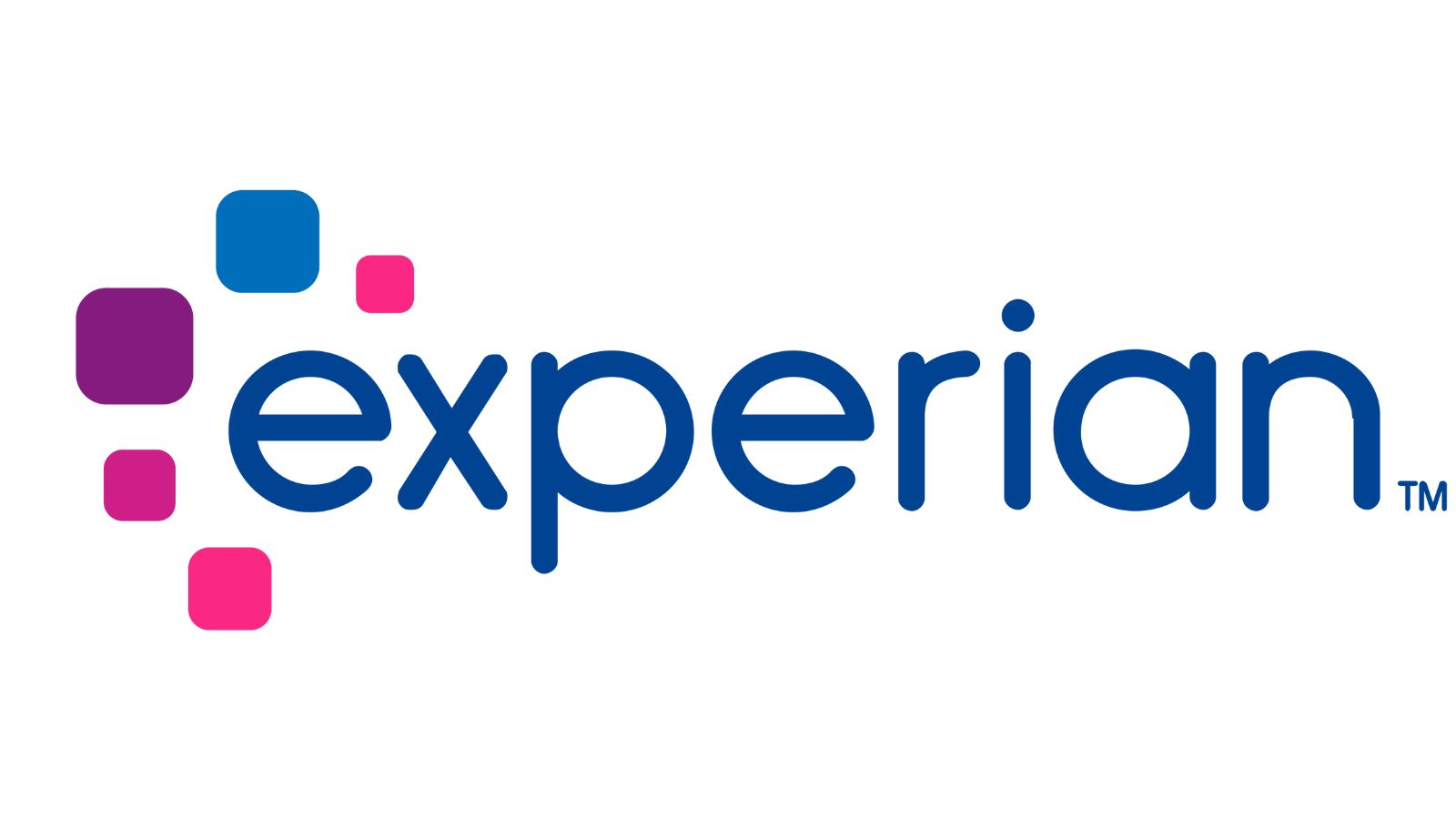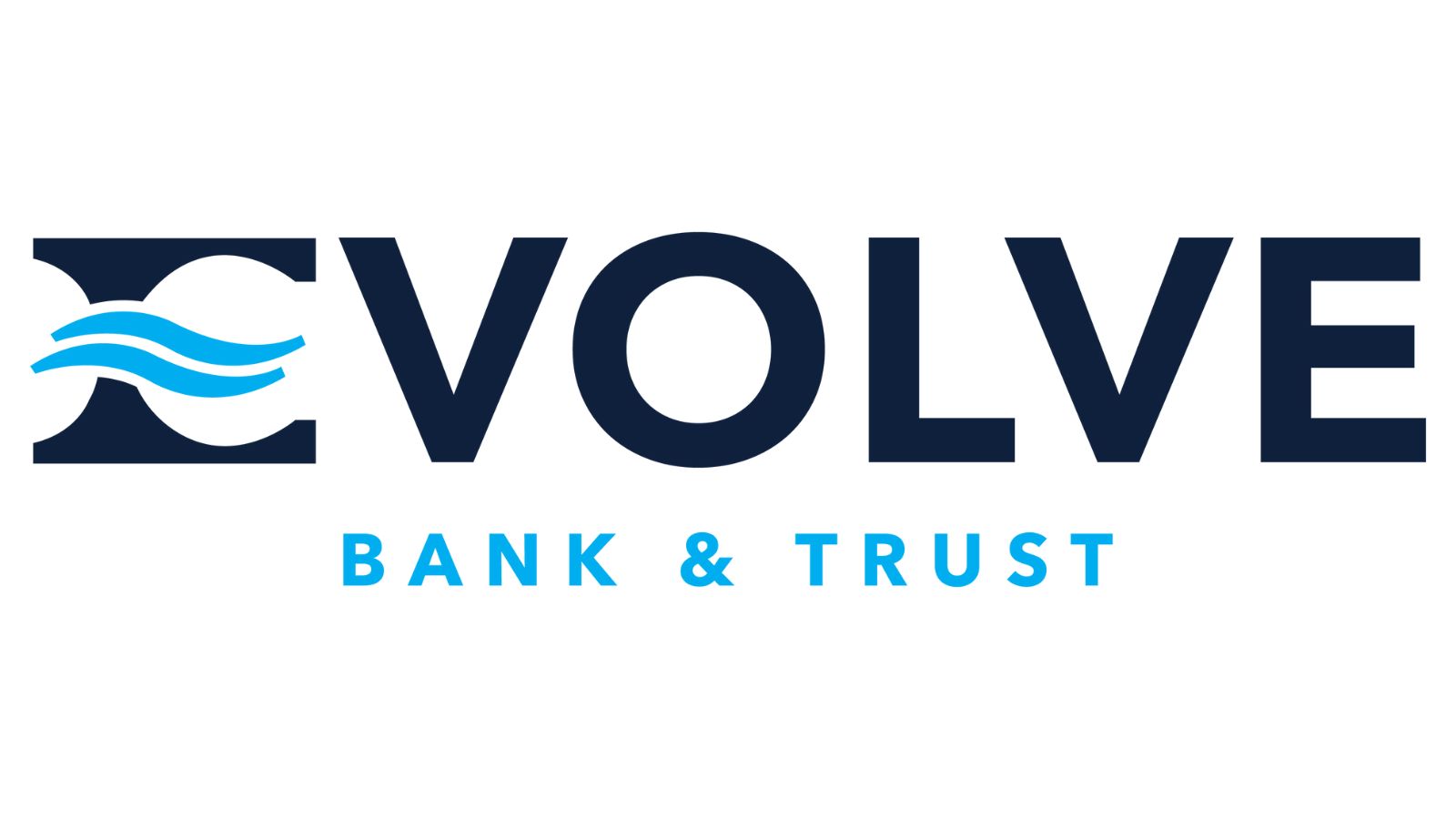Digital lenders have become increasingly popular in recent years, offering quick and convenient access to credit for individuals and businesses. However, with the introduction of new norms by the Reserve Bank of India (RBI), these lenders are facing new challenges and regulations. In this article, we will explore whether digital lenders are ready for the new RBI norms and what it means for borrowers.
Understanding the New RBI Norms
The RBI recently issued new norms for digital lenders, aiming to bring transparency and accountability to the industry. These norms cover areas such as interest rates, data privacy, and fair lending practices. Let’s dive into each of these aspects to understand their impact on digital lenders.
Interest Rates and Charges
One of the key areas addressed by the new norms is the interest rates and charges levied by digital lenders. The RBI has set a cap on interest rates, ensuring that borrowers are not charged exorbitant rates. This move is aimed at protecting consumers from predatory lending practices and ensuring that they are not burdened with high debt.
Data Privacy and Security
Another important aspect of the new norms is data privacy and security. Digital lenders deal with vast amounts of personal and financial information of borrowers. The RBI has mandated that these lenders must adhere to strict data privacy and security standards to protect customer information from any misuse or unauthorized access. This ensures that borrowers’ sensitive information is not compromised, enhancing trust in the digital lending industry.
Fair Lending Practices
The new norms also ensure that digital lenders follow fair lending practices. This means that lenders cannot discriminate against borrowers based on factors such as gender, religion, or caste. Additionally, the norms require lenders to provide clear and transparent information about loan terms, fees, and charges to borrowers. This promotes fairness and transparency in the lending process, allowing borrowers to make informed decisions.
Are Digital Lenders Ready?
Now, the question arises – are digital lenders ready for these new norms? While some digital lenders have already implemented the necessary changes to comply with the norms, others are still in the process of making the required adjustments. Overall, the digital lending industry is making efforts to adapt to these new regulations. However, there are some challenges that digital lenders may face in the process.
Challenges Faced by Digital Lenders
One of the challenges for digital lenders is the cost of compliance. Implementing measures to ensure data privacy and security can be expensive, especially for smaller lenders. Additionally, adhering to the interest rate caps may affect the profitability of lenders who relied on higher interest rates to cover credit risks. These challenges may force some digital lenders to reevaluate their business models or exit the market.
Another challenge is the need for technological infrastructure to comply with the new norms. Digital lenders will need to invest in robust systems that can handle large amounts of data while ensuring its security. This may require significant investment in technology and infrastructure, which could be a barrier for smaller players in the industry.
Benefits for Borrowers
While the new norms may pose some challenges for digital lenders, they also bring several benefits for borrowers. The cap on interest rates protects borrowers from excessive charges, ensuring that they are not trapped in a cycle of debt. The focus on data privacy and fair lending practices enhances trust in the digital lending industry, allowing borrowers to have confidence in the process. Overall, the new RBI norms aim to create a more inclusive and transparent lending ecosystem for borrowers.
Conclusion
In conclusion, the new RBI norms have brought about significant changes in the digital lending industry. While these changes may pose a challenge for some digital lenders, they ultimately benefit borrowers by ensuring fair practices and protecting their interests. Digital lenders must adapt to these new norms to continue operating in the industry successfully.








Leave a Reply